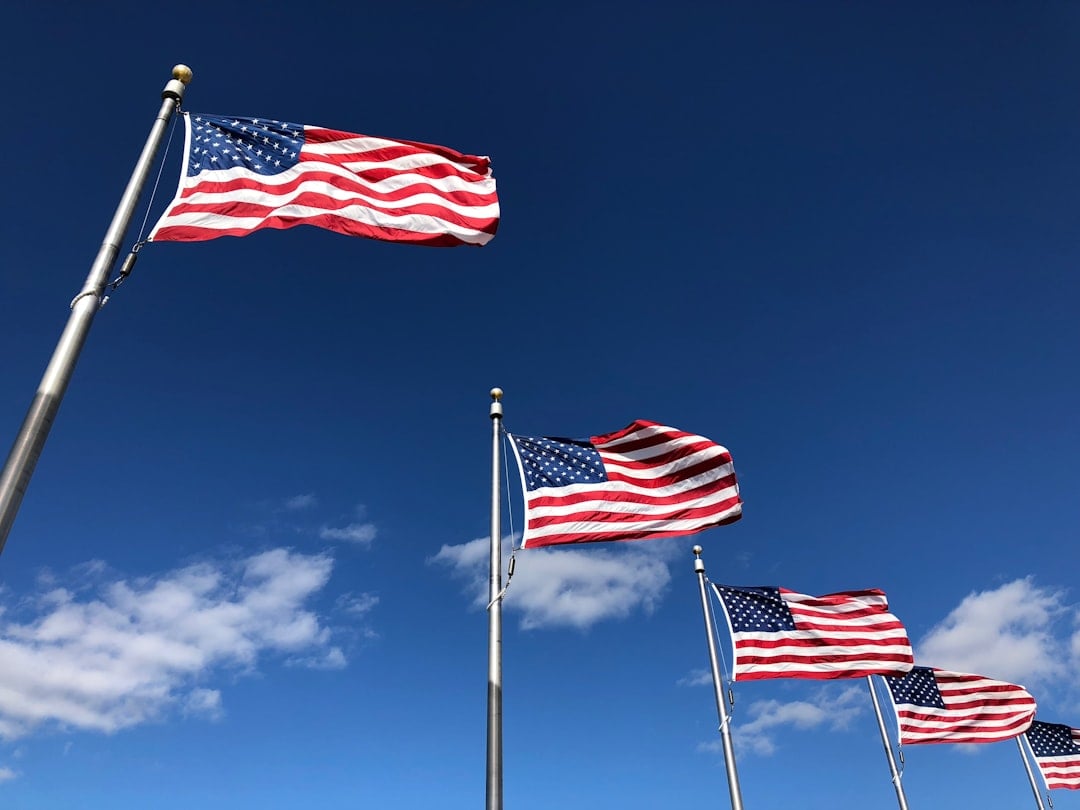(SARANAC LAKE) Months of tense debate in the Adirondack village of Saranac Lake have exposed sharp divisions over how far local police should go in helping with federal immigration enforcement. The dispute, which has unfolded through 2025 in packed board meetings and emotional public comment, centers on whether village officers should stay out of federal immigration enforcement entirely or continue informal cooperation.
Supporters of tighter limits say fear of immigration enforcement is already changing daily life for local immigrants. Opponents warn the village could risk funding and legal trouble if it distances police from federal immigration authorities and actions.

The immediate flashpoint
The debate intensified after a village trustee introduced a resolution early in the year that would:
- Bar Saranac Lake police from enforcing federal immigration law
- Prohibit questioning or arresting someone based only on immigration status
Backers argued that even people with valid visas, work permits, or green cards now fear asking police for help, worried a routine call could end with detention by federal immigration agents. Some residents pointed to reports of new federal detention camps around the country as evidence that immigration enforcement is growing harsher and that Saranac Lake should not help expand that system.
Board actions and public reaction
- In February 2025, the Saranac Lake Board of Trustees rejected the measure. A majority said it was unnecessary, claiming the village already treats everyone equally and does not act as an arm of federal immigration enforcement.
- The resolution returned in June, reintroduced by a trustee who said rising fear among immigrants demanded a clear statement from local leaders.
- Over the summer, residents kept filling the small meeting room, pressing trustees to decide whether the village would cooperate with future immigration sweeps or stay separate from federal enforcement practices many in town distrust.
By September 2025, trustees passed a watered-down version of the resolution. The revised language:
- Contained fewer firm promises
- Stopped short of clearly banning cooperation with federal immigration enforcement
The outcome pleased almost no one: supporters said it left too much room for future collaboration with federal agents, while opponents worried it still sent an unfriendly message to Washington.
“Similar local measures across the country have often produced uneasy compromises that reflect both legal uncertainty and strong community pressure,” noted an analysis by VisaVerge.com, leaving places like Saranac Lake caught between federal demands, local fears, and politics.
Local leaders’ perspectives
- Mayor Williams has repeatedly questioned what any resolution actually offers Saranac Lake. He argues:
- The village already has policies instructing officers to treat everyone the same.
- Local government cannot control what happens in federal immigration detention.
- If Immigration and Customs Enforcement (ICE) decides to arrest someone, village hall has little power to ensure due process.
- This echoes a national debate about how much local authorities can shield residents from federal immigration enforcement without risking legal trouble or loss of federal grants.
- Police Chief Darin Perrotte has tried to calm the discussion, saying:
- Immigration enforcement is not an issue his officers deal with.
- Officers do not ask people about status when someone walks into the station for help.
For residents who fear any contact with law enforcement might trigger problems with federal immigration enforcement, that reassurance matters. Yet several speakers said undocumented neighbors still avoid calling 911, telling friends they worry even a small mistake could attract federal agents, despite local police intentions.
Community actions and moral appeals
Outside village hall, support for limiting police ties to federal immigration enforcement has been visible:
- A petition in favor of the original resolution gathered 140 signatures, a notable number for a community this size.
- During public comment, some residents cited the poem “First They Came” by German pastor Martin Niemoller to urge trustees not to assist what they called a broken immigration system.
For these residents, Saranac Lake stands at a moral crossroads, not just a legal or political one — local choices seen as small defenses against broader national policies.
National context and impact
The dispute in Saranac Lake occurs amid a broad expansion of federal immigration enforcement:
- As of November 2025, the Department of Homeland Security has deported more than 500,000 undocumented immigrants this year.
- Over 70% of those deported reportedly had no criminal record, according to federal figures.
Massachusetts lawmakers have held hearings on the impacts of rising ICE arrests and deportations, focusing on:
- Family separation
- School attendance
- Access to lawyers
Nationally, some school districts have promised to treat campuses as safe spaces after the Trump Administration removed limits on immigration enforcement in K–12 schools, increasing fear among immigrant families.
These national trends explain why a village-level policy fight feels so intense: residents supporting strict separation view trust in local police as a basic safety issue. They argue that if undocumented parents are afraid to report domestic violence or wage theft, entire neighborhoods become less safe.
Opponents counter that the village cannot pick and choose which laws to respect. They fear Saranac Lake could invite federal retaliation or lawsuits if seen as refusing cooperation altogether — a step some legal analysts warn may exceed local authority in practice today.
What the adopted resolution means now
The adopted resolution:
- Signals concern about federal immigration enforcement
- Does not firmly cut ties with federal authorities
- Relies heavily on current police practice continuing unchanged
Many questions remain unresolved. How towns like Saranac Lake respond will continue to shape daily life far from Washington as deportations rise and political rhetoric hardens.
The U.S. Department of Homeland Security outlines its immigration enforcement role on its official website at The U.S. Department of Homeland Security outlines its immigration enforcement role on its official website at dhs.gov, but local decisions will keep playing out in public meetings, personal fears, and difficult votes over police roles, community trust, and cooperation with federal authorities.
This Article in a Nutshell
In 2025 Saranac Lake faced a contentious debate over whether local police should assist federal immigration enforcement. A trustee proposed banning officers from enforcing federal immigration law or questioning people based solely on status. After rejection in February, a watered-down resolution passed in September that voiced concern but did not prohibit cooperation. Supporters cited fear among immigrants and petitions; opponents warned of legal risks and funding consequences. The outcome reflects local tensions amid rising national deportations.








